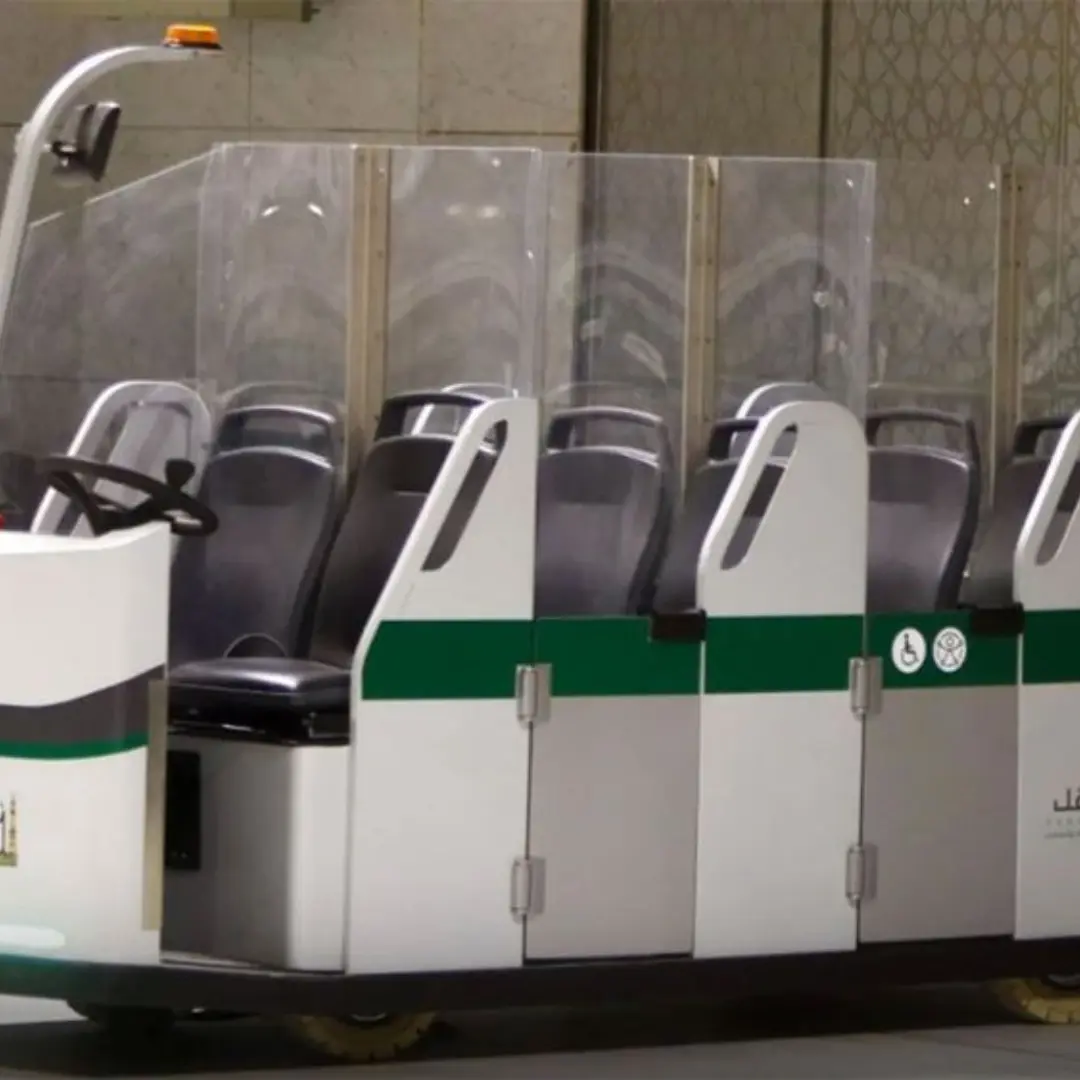Saudi Arabia’s introduction of electric vehicles (EVs) for Hajj marks a significant stride towards modernization and accessibility in facilitating the sacred pilgrimage to the Kaaba. The integration of EVs aligns with the country’s broader vision of technological advancement and sustainability while addressing the challenges of mobility and congestion during this religious journey.
Hajj, one of the five pillars of Islam, attracts millions of pilgrims from around the world to the holy city of Mecca every year. This influx often leads to overcrowding and transportation bottlenecks, hindering pilgrims’ movement and adding strain to the already demanding pilgrimage. By introducing EVs, Saudi Arabia aims to alleviate these challenges, offering a more efficient and eco-friendly mode of transportation.
Electric vehicles bring several benefits to the pilgrimage experience. Firstly, they contribute to reducing pollution and carbon emissions, aligning with global efforts to combat climate change. This eco-conscious approach reflects Saudi Arabia’s commitment to sustainable development and responsible tourism. Additionally, EVs offer quieter operation compared to traditional vehicles, minimizing noise pollution in the sacred surroundings and enhancing the spiritual ambiance of the pilgrimage.
Moreover, the introduction of EVs enhances accessibility for pilgrims, particularly those with mobility issues or special needs. These vehicles can be designed to accommodate wheelchairs and provide comfortable seating, ensuring that all pilgrims can participate in the rites of Hajj without facing barriers related to transportation. By prioritizing inclusivity, Saudi Arabia demonstrates its dedication to ensuring that the pilgrimage experience is accessible to everyone, regardless of physical limitations.
The deployment of electric vehicles also improves efficiency and convenience for pilgrims. EVs can navigate through crowded areas more easily and with greater agility than traditional vehicles, reducing travel times and congestion. This allows pilgrims to focus more on the spiritual aspects of their journey rather than being concerned about logistical challenges. Additionally, the availability of EV charging infrastructure further enhances the convenience of using electric vehicles, ensuring that they remain operational throughout the pilgrimage.
Overall, Saudi Arabia’s introduction of electric vehicles for Hajj represents a forward-thinking approach to enhancing the pilgrimage experience. By embracing technology and sustainability, the country not only addresses practical challenges associated with transportation but also reinforces its commitment to inclusive and environmentally conscious practices in facilitating one of the most revered religious journeys in the world.









